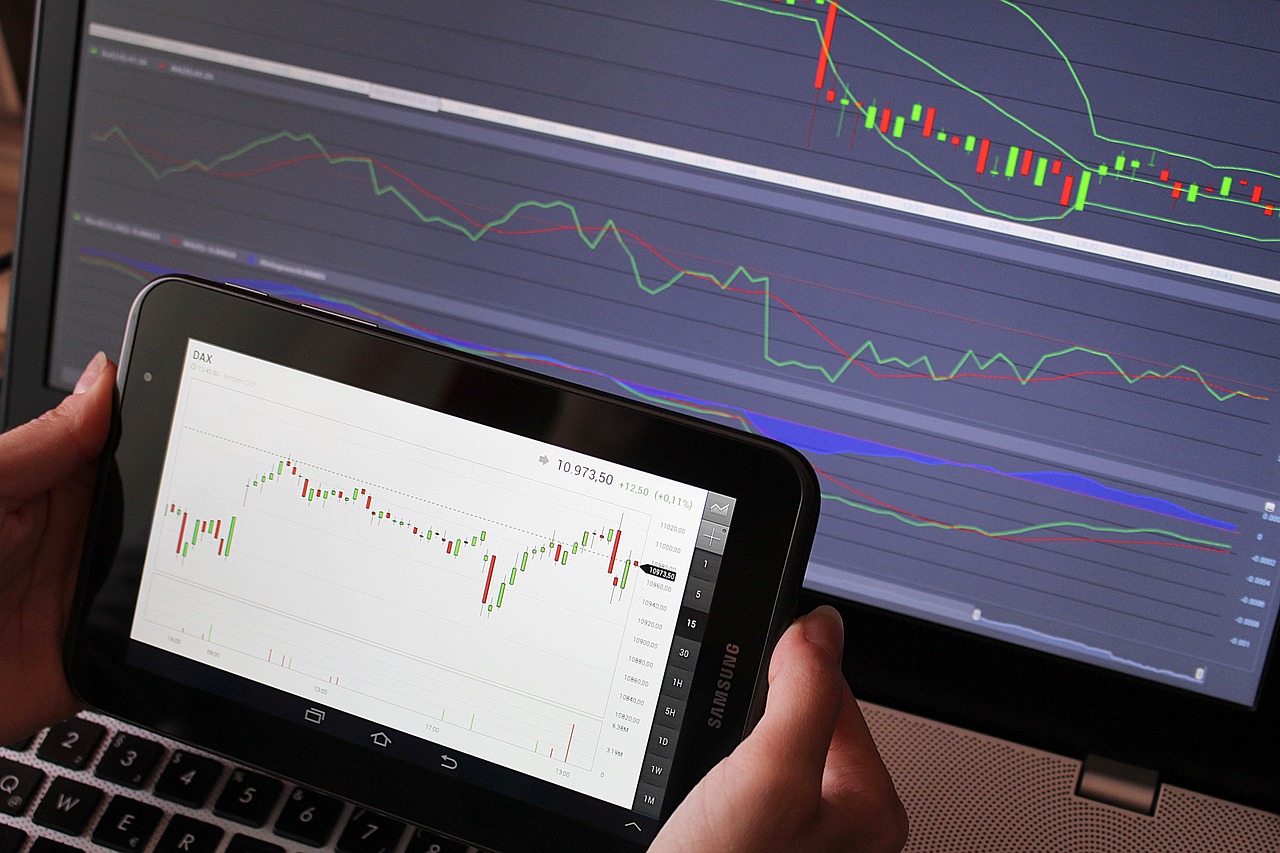
Embarking on the path to financial independence can be daunting. However, Forex trading offers a lucrative opportunity for those willing to master its complexities. Let's explore how you can achieve financial freedom through expert Forex trading.
Forex, or foreign exchange, involves the trading of currencies. Unlike the stock market, Forex operates 24/7, reflecting the global nature of currency exchanges. Traders buy currencies at a lower price and sell them at a higher price to make a profit. There are majors, minors, and exotic currencies; each has unique characteristics and volatility levels. Understanding these different types of currencies is crucial for making sound trading decisions.
To start trading Forex, you’ll need to open an account with a broker, deposit funds, and download trading software. You should familiarize yourself with the interface and practice using a demo account before committing real money. Additionally, Forex trading involves leverage, which allows you to control large positions with a small amount of capital. However, leverage can magnify both gains and losses, so it must be used cautiously.
A well-crafted trading strategy is essential for success in Forex. This involves analyzing market trends, economic indicators, and global events that affect currency values. Technical analysis, which uses historical price data and various charting tools, is one popular method. Indicators like moving averages and relative strength index (RSI) help traders identify trends and make informed decisions.
Moreover, fundamental analysis, which examines economic indicators such as interest rates, GDP growth, and employment statistics, provides insights into a currency’s potential movements. For instance, if a country raises its interest rates, its currency may appreciate. Combining both technical and fundamental analyses gives a more rounded view of the market. Importantly, a good trading strategy also includes risk management techniques such as setting stop-loss orders and using position sizing to mitigate potential losses.
Discipline and patience are pivotal in Forex trading. The market can be highly volatile, and emotional decisions often lead to mistakes. Having a disciplined approach means sticking to your trading plan, even in the face of potential losses. It’s essential to maintain a trading journal to review your trades and learn from your mistakes. This helps in refining your strategy and improving your decision-making process over time.
Patience is equally important. Not every trade will be profitable, and it’s crucial to wait for the right opportunities rather than forcing trades. Understanding that losses are part of trading and that consistent, patient strategy application yields long-term gains is a mindset every successful trader must adopt. Practicing mindfulness and stress management techniques can also help traders maintain emotional balance, particularly during volatile market conditions.
Technology plays a significant role in modern Forex trading. Automated trading systems, or “bots,” can execute trades based on pre-determined criteria, eliminating human error and emotional biases. These systems can be programmed to follow specific trading strategies and can operate 24/7, taking advantage of opportunities even when you are asleep.
Moreover, advanced charting software provides real-time data and sophisticated analytical tools that are indispensable for technical analysis. Economic calendars and news feeds integrated into trading platforms keep traders informed about key events and announcements that could impact currency prices. Additionally, mobile apps allow traders to monitor and execute trades on the go, ensuring that they never miss out on opportunities. Utilizing these technological tools effectively can significantly enhance trading efficiency and decision-making accuracy.
Forex trading is a dynamic field that requires continuous learning and adaptation. Markets evolve, and new strategies and tools emerge, necessitating a commitment to ongoing education. Reading books, attending webinars, and following expert traders on social media can provide valuable insights. Additionally, participating in trading forums and communities can offer support and new perspectives.
Staying updated with global economic developments is also crucial. Understanding geopolitical events, monetary policies, and economic indicators helps in making informed trading decisions. Regularly reviewing and adapting your trading strategies based on market changes and personal trading performance ensures ongoing improvement. Many successful traders advocate for a lifelong learning mindset, emphasizing that the journey to expertise in Forex trading is ongoing and ever-evolving.
Diversification is a key risk management strategy in Forex trading. By spreading your investments across various currency pairs, you reduce the impact of adverse movements in any single currency. This approach helps in balancing risks and stabilizing returns. It's advisable to include a mix of major, minor, and even exotic currency pairs to achieve true diversification.
Investing in different instruments, such as commodities or indices, alongside Forex can further spread risk. For instance, incorporating gold or oil can provide a hedge against currency volatility. Additionally, diversification isn’t just about having multiple trading positions but also about balancing different trading styles—such as day trading, swing trading, and long-term investing. By maintaining a diversified portfolio, traders can better withstand market fluctuations and achieve steadier growth towards financial independence.